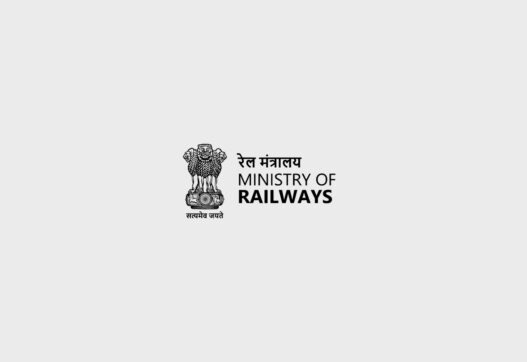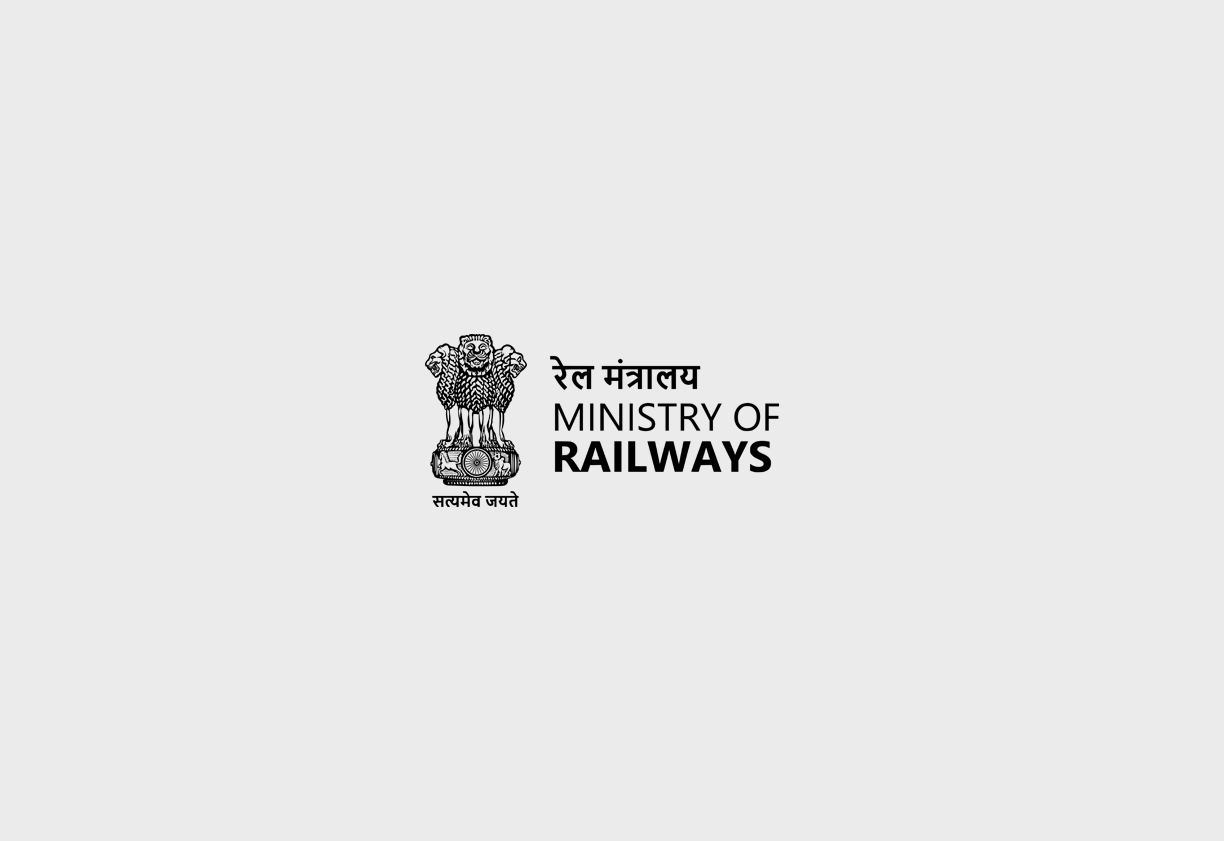Ministry of Railways
The Calcutta Metro Railway (Operation and Maintenance) Temporary Provisions Act, 1985, was enacted to make temporary provisions for the operation and maintenance of the Calcutta Metro Railway and for matters connected therewith, pending the making of regular arrangements for such operation and maintenance. This act was intended to provide a legal framework for the initial operation of the Calcutta Metro Railway. While the Act does not specify a particular ministry, it falls under the purview of the Ministry of Railways in India.
Enactment Date, Number of Chapters, Number of Sections:
The Calcutta Metro Railway (Operation and Maintenance) Temporary Provisions Act, 1985, was enacted on February 16, 1985. The Act is structured into 4 chapters and 23 sections. These sections cover various aspects of the metro railway’s administration, operation, and maintenance, as well as miscellaneous provisions.
Act Governed By:
The Act is primarily governed by the provisions outlined within its sections. It establishes the Calcutta metro railway administration, defines its responsibilities, and provides for the application of the Indian Railways Act, 1890, to the metro railway. The Act also outlines specific provisions for the running of the metro railway, including rules regarding carriage of goods, smoking, and other activities.
On Whom It Is Applicable:
The Calcutta Metro Railway (Operation and Maintenance) Temporary Provisions Act, 1985, is applicable to the Calcutta metro railway administration, its officers and employees, and to all individuals using the metro railway system in the metropolitan city of Calcutta.
Penalties/Punishments:
The Act prescribes penalties for various violations, including:
-
Fine which may extend to five hundred rupees for taking offensive goods upon the metro railway.
-
Imprisonment for a term which may extend to four years and with fine which may extend to five thousand rupees for taking dangerous goods upon the metro railway.
-
Fine which may extend to two hundred and fifty rupees for smoking in a compartment or carriage or in any underground metro railway station.
-
Imprisonment for a term which may extend to three months, or with fine which may extend to five hundred rupees, or with both for refusing to leave a compartment, carriage or premises.
-
Imprisonment for a term which may extend to one month, or with fine which may extend to fifty rupees, or with both for travelling on the roof of a train.
-
Imprisonment for a term which may extend to three months, or with fine which may extend to two hundred and fifty rupees, or with both for unlawfully entering or remaining upon the metro railway.
-
Imprisonment for a term which may extend to six months, or with fine which may extend to five hundred rupees, or with both for walking on the metro railway line.
-
Imprisonment for a term which may extend to four years, or with fine which may extend to five thousand rupees, or with both for endangering the safety of passengers or abandoning a train without authority or obstructing running of trains.
The Act also provides for the removal of offenders from the metro railway premises and for forfeiture of fares or passes.
Important Pointers:
-
The Act establishes the Calcutta metro railway administration to manage the metro railway.
-
It specifies that the metro railway must be opened with the previous sanction of the Central Government.
-
The Act outlines specific provisions for the carriage of goods, smoking, and other activities on the metro railway.
-
It prohibits demonstrations on the metro railway premises.
-
The Act includes penalties for various offenses, including endangering passenger safety and obstructing the running of trains.
-
It provides for the application of the Indian Railways Act, 1890, to the metro railway.
-
The Act ensures that the metro railway is operated in a safe and orderly manner.
-
The Act has been enacted to provide a temporary framework for the operation of the Calcutta Metro Railway.
-
The Act empowers the Central Government to make rules to implement the provisions of the Act.
Act Copy:




